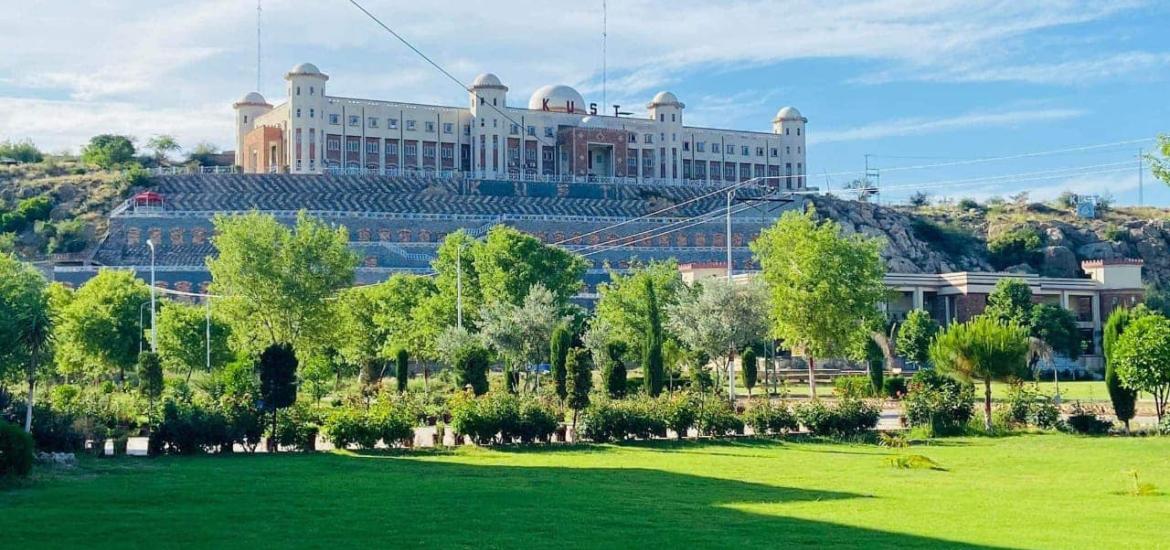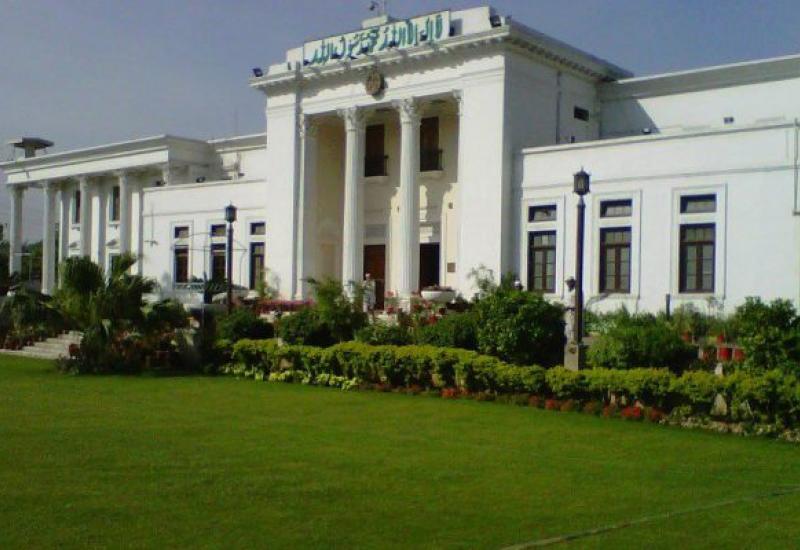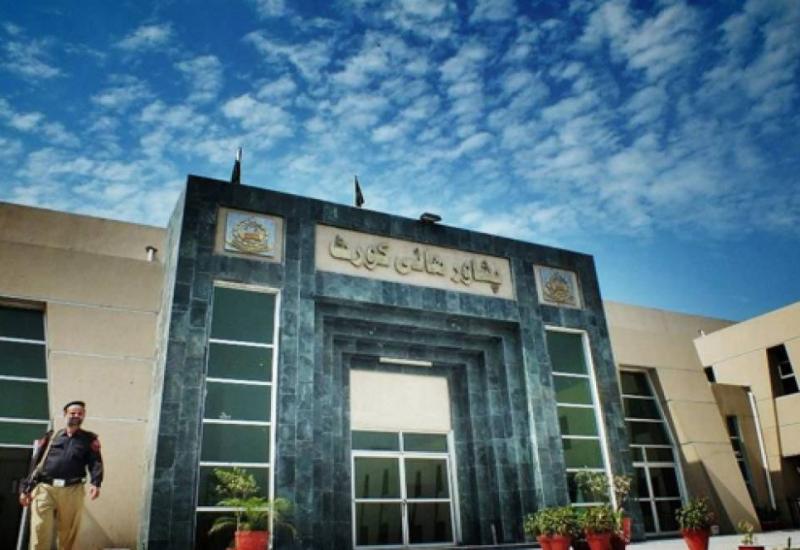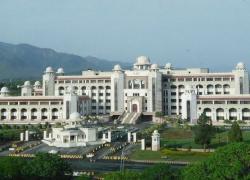How the 05 important things will change the dynamics of universities’ governance?
Contrary to the past, the Higher Education, Archives and Libraries Department, Government of Khyber Pakhtunkhwa has started consultation with all stakeholders with regard to the proposed amendments in the Khyber Pakhtunkhwa Universities’ Act.
The Department has also started a broad-based consultative process, in collaboration with a team from Institute of Management Sciences Peshawar, in order to obtain valuable feedback from various stakeholders. An online survey having around 58 questions, has been designed and is being carried out, with a view to capture the perspective of stakeholders. All the Vice-Chancellors of the public sector universities have been informed about it. This is intended to have a fair, objective and unbiased idea about the proposed amendments and hence institute long-lasting reforms in the universities’ overall governance structure.
Historically, this has never been done antecedently. This is unequivocally inspiring. However, the key drivers for the proposed amendments in the Act merit much serious deliberations and must be encompassed in its true sense.
The 02 key driving forces for the proposed amendments in the Universities’ Act
To be presented soon to the provincial legislature, the Khyber-Pakhtunkhwa Universities (Amendment) Act 2020 is aimed at introducing drastic changes to the Act passed initially by the Awami National Party-led government in 2012, amended subsequently multiple times during the last eight years. The key driving forces for the proposed amendments, as reported by a section of the press, are twofold: 1). To curtail universities’ autonomy and 2). To remove inconsistencies/anomalies/deficiencies existing in the Act.
1.To curtail universities’ autonomy
There prevails a strong feeling in the government circles that public sector universities were systematically misusing the autonomous status and hence, it was decided to restrict its autonomy through sweeping amendments in the Act. The concerned advisor to the government argued that all most all public sector universities in the province confront the worst financial crisis with financial autonomy being its main cause. Acknowledging financial and administrative exigencies in the universities, the government is going to make drastic changes to the law to curtail the autonomy of the universities.
2. To remove inconsistencies/anomalies/deficiencies from the universities’ Act
Since, more than one hundred and sixty-nine amendments were made in the Act, over the last couple of years, sans proper homework and without serious consultation with stakeholders, several anomalies, numerous inconsistencies and multiple discrepancies were surfaced during the course of its implementation.
The latest one was about the interpretation of the Law with regard to competent authority (Chief Executive of the Province (Chief Minister) or the Government (Cabinet)) for making recommendations to the Chancellor for approval of the appointment of Vice-Chancellor which hampered the entire process of appointment of Vice-Chancellors of eight public sector universities, early this year.
Limitations of the survey -HED, Review of Universities Act 2012
While, going through the online survey- HED, Review of Universities Act 2012, I feel some of the important issues were not covered by the survey. For instance, one can’t find a single query in the survey related to modern HR practices in the universities. Similarly, another vitally important area accountability of Vice-Chancellor, administrative officers and head of the departments could not find space in the survey.
It merits mentioning that some of the underlying issues cannot be addressed by straight-forward, multiple choices or Yes / No replies. There can be multiple out-the-box solutions that need proper explanation, detailed justification and in-depth understanding of the context and historical background of the higher education landscape in the country. Being considered a non-stakeholders survey, the effort still deserves due admiration.
This article made an effort to elucidate some of the intriguing issues highlighting the existing magnitude and depth of the so-called autonomy in the universities and explains how tragic it would be to trample it further. The blog post also identified some of the anomalies in the universities’ Act that need to be addressed promptly.
Implications of inhibiting the so-called Universities’ autonomy
Universities in Pakistan, for all practical purposes, have never been independent, self-reliant and autonomous. Throughout its chequered history, academia remained under the control of the state machinery. The driving forces targeted at keeping the HEIs entirely under the government’s close oversight resulted in universities, seem to be independent entities but virtually dependent on government even for running operational business let alone strategic level decision making.
Read More: The 12 major amendments in the Universities Acts and their implications
Having an overriding colonial legacy, HEIs in Pakistan, at no time in the past cherished the desired level of autonomy as happens to be the case of developed countries. In the wake of the overriding presence of representatives from bureaucracy in the governing bodies such as Syndicate and Senate, these academic entities used to be far from being autonomous as the bureaucracy inherently cultivate a strong desire to stair the universities’ affairs purely on the model of public sector/government departments.
This is why academics and intelligentsia always advocate the cause of universities’ autonomy and academic freedom. Curtailing it further through the proposed Act will be adventuresome and shall result in disastrous consequences for the higher education landscape in the country.
Importance of removing discrepancies from the Universities’ Act
The host of amendments made during the last couple of years gave way to numerous inconsistencies, anomalies and deficiencies in the Act. Some of the inconsistencies have already been discussed in the blog post: The 05 important reasons why policymakers should amend the Universities’ Act. These seem to be pointless but create serious complications at times. These need to be addressed as a top priority.
Recommendations for amendments in the Universities’ Act
The changing landscape of higher education in Pakistan also warrants amendments in the Universities’ Act to keep it updated. For instance: 1) provision needs to be made in the Act for efficient management of HR in line with international best practices. The blog post, The 02 important ways in which HR can be completely revamped in the universities , has discussed the same at length. 2). The new law should have clauses for the protection of women against sexual harassment at workplace. 3). The proposed amendments should also cover the vitally important but always neglected area of conflict of interest. 4). Maximum administrative, as well as financial autonomy, must be given to academic units/institutes and teaching departments. 5) Going digital is no longer an option. It is a necessity. The new legislation, as a part of the Prime Minister’s vision of digital Pakistan, must address the same to ensure smooth functioning of the operational business as well as overall governance of the universities in Pakistan.


















